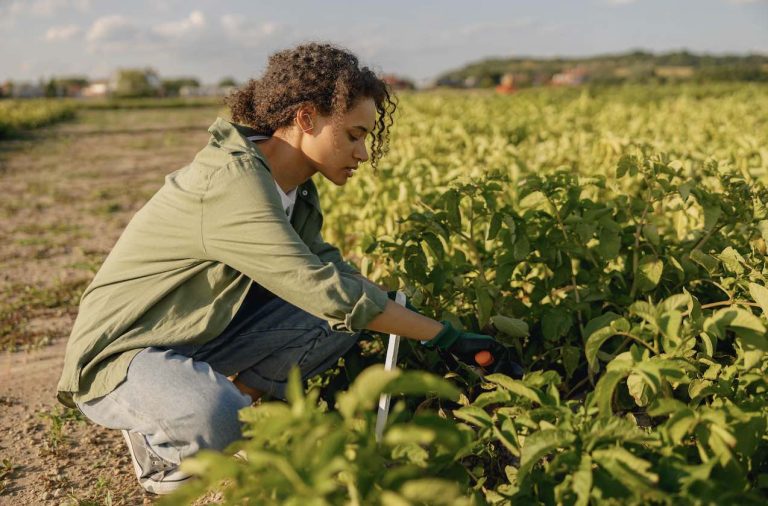
First Look: Senate Releases Farm Bill Framework
Check out highlights from the Senate farm bill framework that caught our eye.

Check out highlights from the Senate farm bill framework that caught our eye.

House Agriculture Committee Chairman Glenn “GT” Thompson released his framework for the 2024 Farm Bill. Here’s what caught our eyes in the proposal.

Dominant food corporations tell us cyclical avian flu outbreaks are out of their control. But their industrialized practices are largely to blame, and taxpayers are footing the bill for their problem.
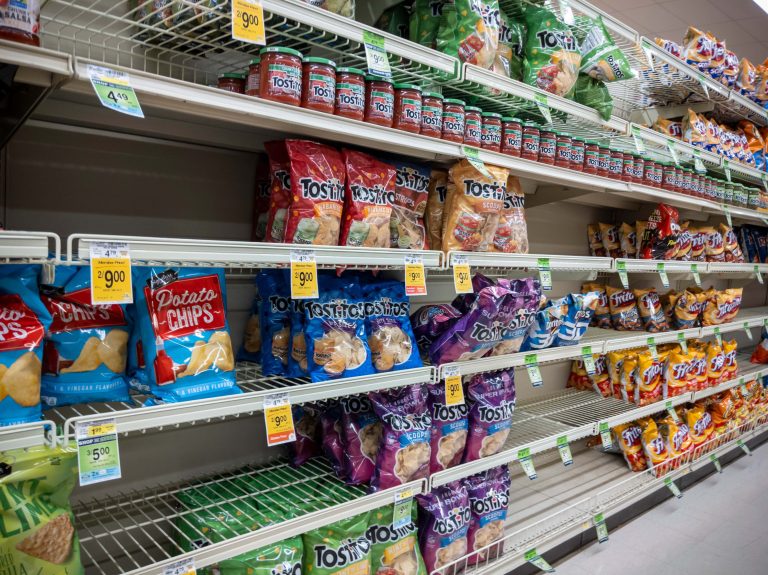
FTC’s report found that the largest grocers took advantage of supply chain disruptions during the pandemic to raise prices on consumers.
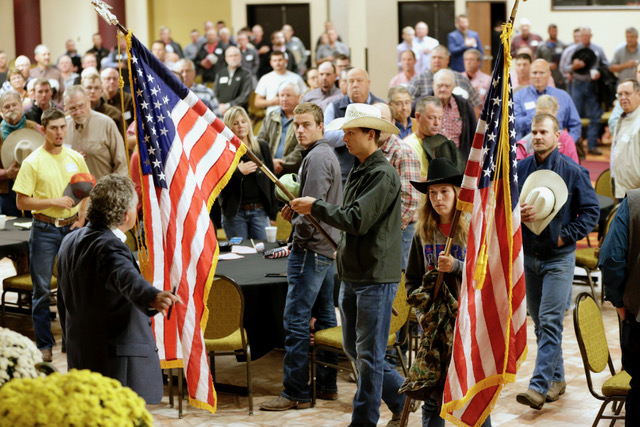
The six-year fight to reform the “Product of U.S.A.” label was hard-won. Here’s how the movement started by Farm Action’s founders overcame the obstacles along the way.

The mega-merger would be detrimental to America’s farmers and ranchers — FTC may secure a huge win for them by suing to block it.
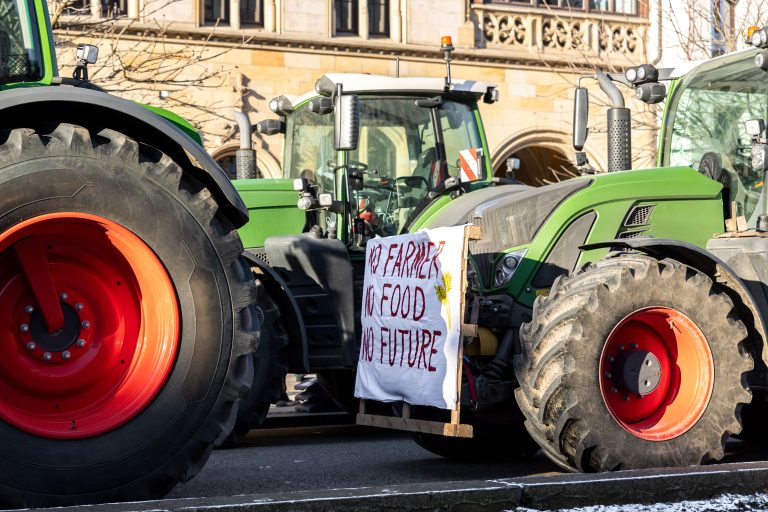
Farmers’ frustrations with decades of abusive conditions have reached a boiling point. Add your name to support farmers across the world and join the fight.

USDA should reconsider its decision to use IRA dollars to subsidize phony conservation practices by the largest, corporate-controlled industrial operations.
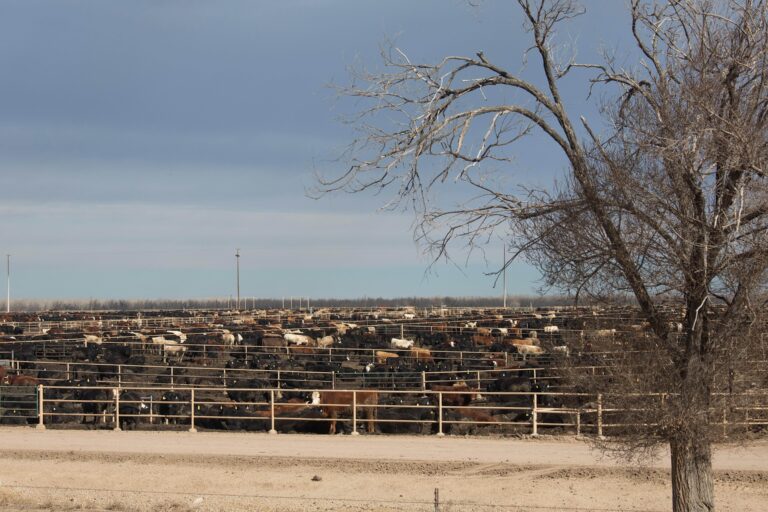
JBS plans to go public on the New York Stock Exchange so it can secure the capital to complete its takeover of the world’s meat industry.

Without proper safeguards, USDA’s investments to boost food system competition will inevitably end up in the hands of the dominant corporations they are trying to challenge.